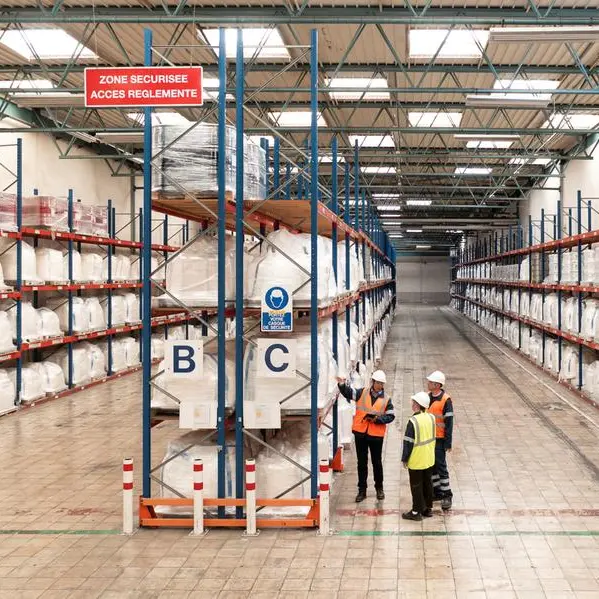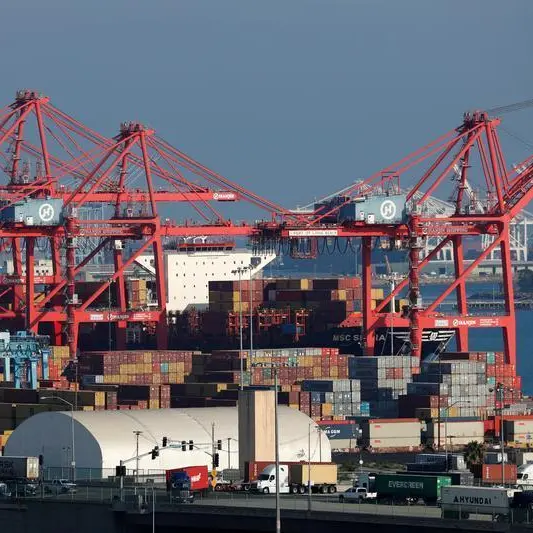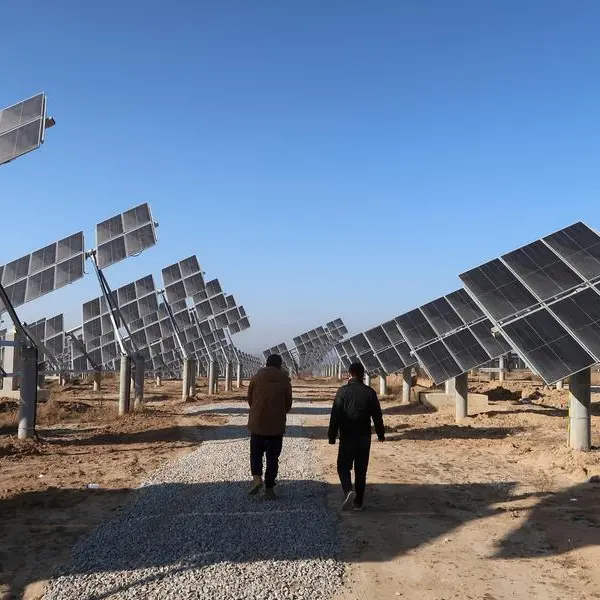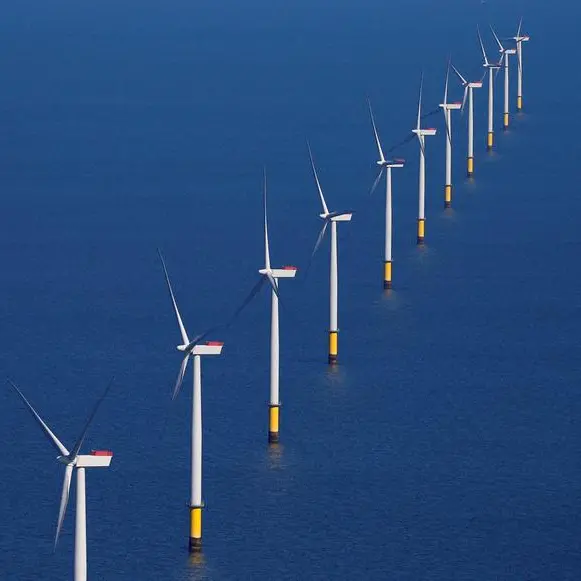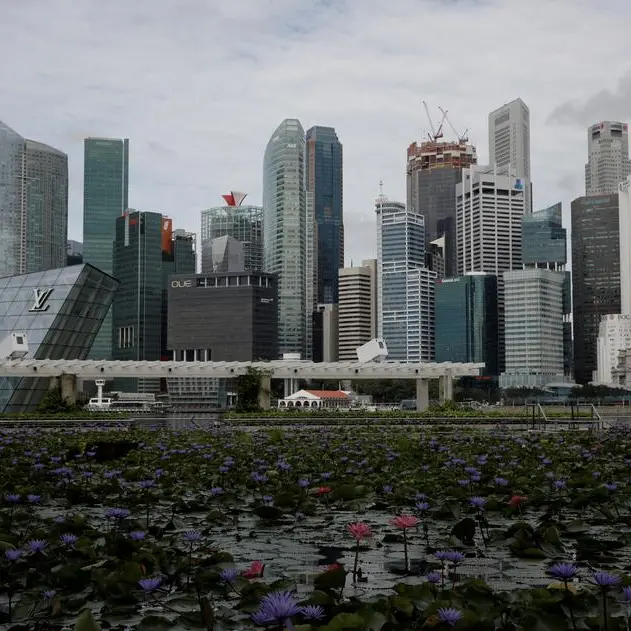Environmental, Social, and Governance (ESG) issues have become increasingly prominent on the global stage as organisations recognise the need to integrate sustainability into their operations.
As the Middle East moves towards a low carbon future, sustainability has become a top priority for organisations and governments across the region.
Sheikh Mohammad bin Rashid, Prime Minister and Ruler of Dubai announced while launching the National Hydrogen Strategy that the UAE is to invest up to AED 200 billion ($54.5 billion) in renewable energy.
The launch of a AED 4 billion renewable energy plant in Dubai, and the world’s largest waste-to-energy plant are proof of sustainability climbing the agenda.
With COP 28 being held in the UAE this year, there is a renewed sense of urgency on climate change action, and the net-zero carbon target is being prioritised through policies and actions.
After all, sustainability will boost the UAE’s economic competitiveness, drive innovative policy and improve investment opportunities.
The region has seen notable sustainability innovations, including Saudi Arabia’s rapid transition to a circular carbon economy, Bahrain’s state oil company refinancing a $2.2 billion sustainability-linked corporate finance facility, and Oman’s exploration of green hydrogen as a clean energy source.
However, the Middle East faces its own unique challenges in implementing ESG practices, especially around accurate sustainability reporting and implementing early regulations to fill in previous gaps.
Other challenges that hinder the progress of the region’s ESG agenda include the talent gap, how corporates in the region address the need to implement ESG practices, as well as data availability.
Regulatory frameworks
While standardised frameworks and reporting guidelines begin to form, the lack of clear regulations can hinder consistent measurement and disclosure of ESG performance.
Global frameworks have now become more widely adopted in the region such as the Global Reporting Initiative (GRI), the Sustainability Accounting Standards Board (SASB), and the newly published International Sustainability Standards Board (ISSB).
The gap in standardisation previously posed challenges for investors and stakeholders who relied on transparent and comparable ESG data for decision-making, however, we are starting to see drastic changes in this area.
Data availability
Many companies in the Middle East still face challenges in collecting, managing, and reporting ESG data, which can hinder their ability to effectively assess and manage their sustainability performance.
Data is the first step to measure any status, but also measure progress. Improving data collection mechanisms and investing in robust reporting systems will be instrumental in addressing this challenge.
ESG talent gap
Organisations need individuals with specialised knowledge and expertise in ESG practices to drive sustainable strategies effectively. Alongside this specialised knowledge, the industry also needs innovators, risk takers, agitators for change, mentors, and communicators in the field. There is however, a shortage of skilled professionals in the region with a deep understanding of ESG principles to drive innovative solutions.
Bridging this gap requires investment in education and training programmes to build a skilled workforce capable of integrating ESG considerations into business practices. Universities and training institutions are therefore increasingly offering courses and programmes on sustainability and ESG and businesses are partnering with academic institutions to develop tailored training initiatives and internships, nurturing a pipeline of talent equipped with the required knowledge and skills.
These efforts will cultivate a sustainable workforce capable of implementing and driving ESG practices in the Middle East.
Implementation by region’s corporates
Despite the challenges, corporations in the Middle East are embracing ESG practices, recognising the importance of sustainability and responsible business conduct. We see this through accelerated electrification and the increase of decarbonizing energy supply.
The GCC’s oil-producing nations have made efforts to diversify energy sources, transitioning towards net-zero carbon fuels for transportation. Investments in renewable energy, such as solar and wind, aim to mitigate environmental impacts and promote a low-carbon economic future transforming the economic system and supply chain.
Additionally, social considerations are gaining prominence. Companies are addressing social issues through initiatives that promote diversity, inclusion, and employee welfare.
Governance practices are also being strengthened to ensure transparency, accountability, regulatory reforms and ethical conduct.
While obstacles in integrating ESG practices persist in the Middle East, corporates in the region are proactively embracing sustainability and responsible business practices.
That the Middle East is emerging as a leader in ESG adoption is apparent through their fullfillment of the UN SDG goals which has driven positive environmental, social, and governance outcomes for businesses and society as a whole.


